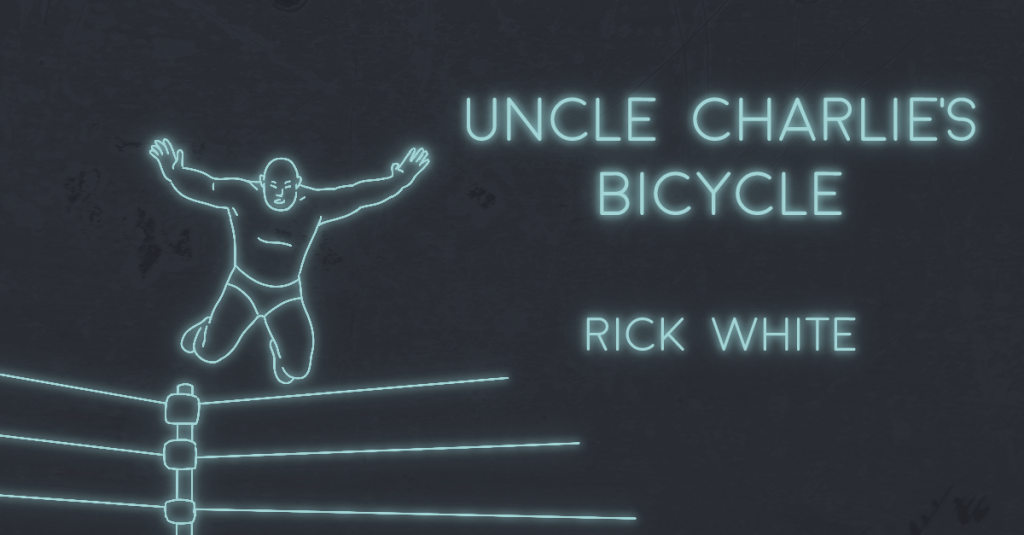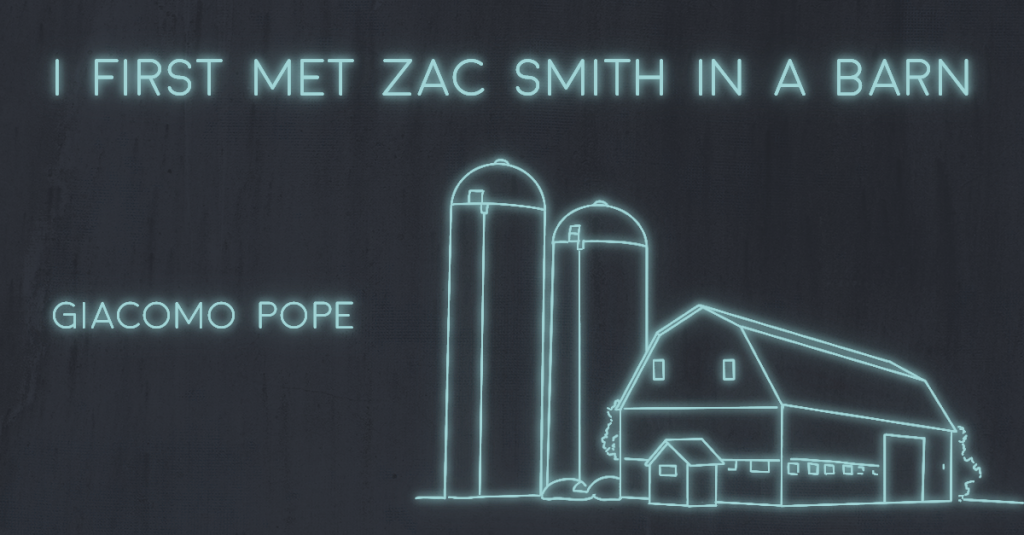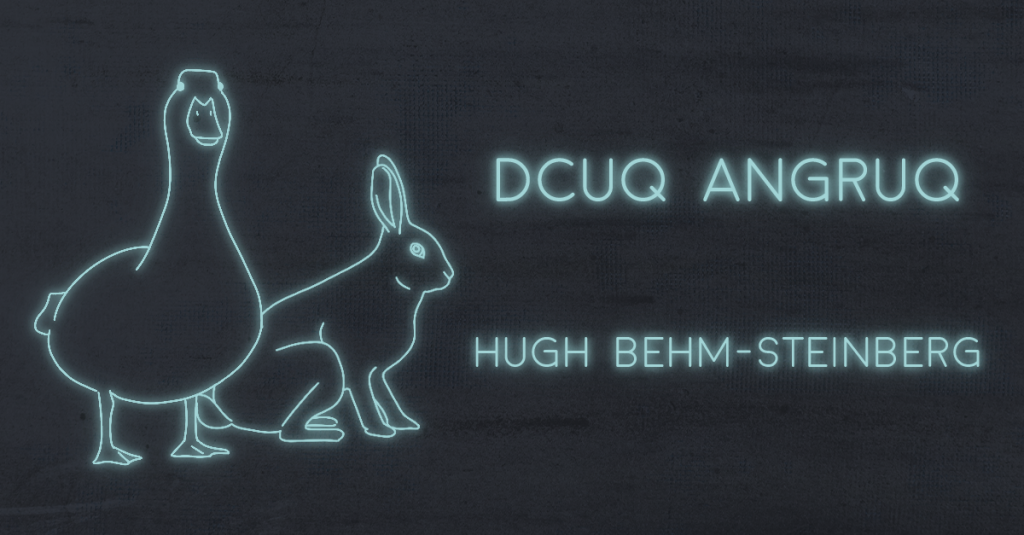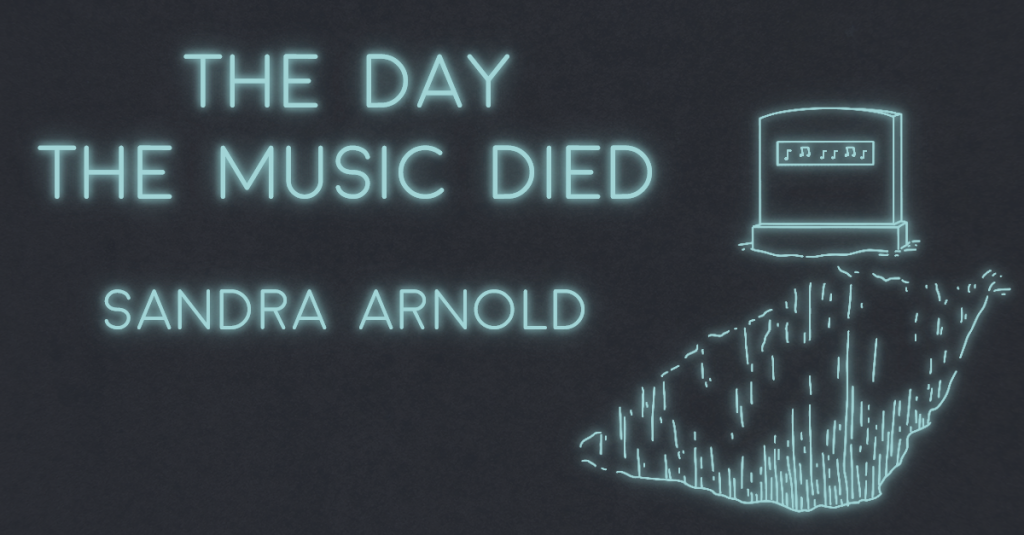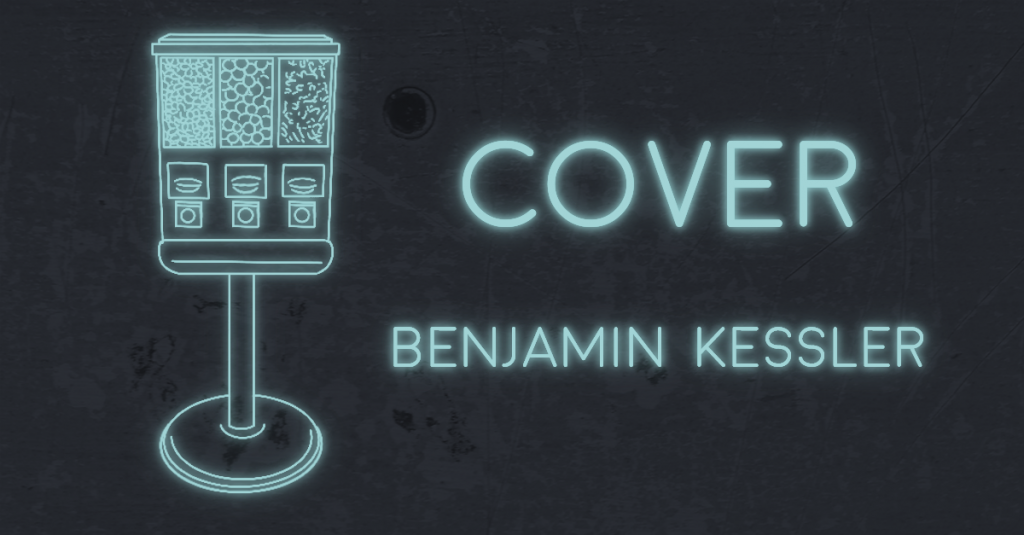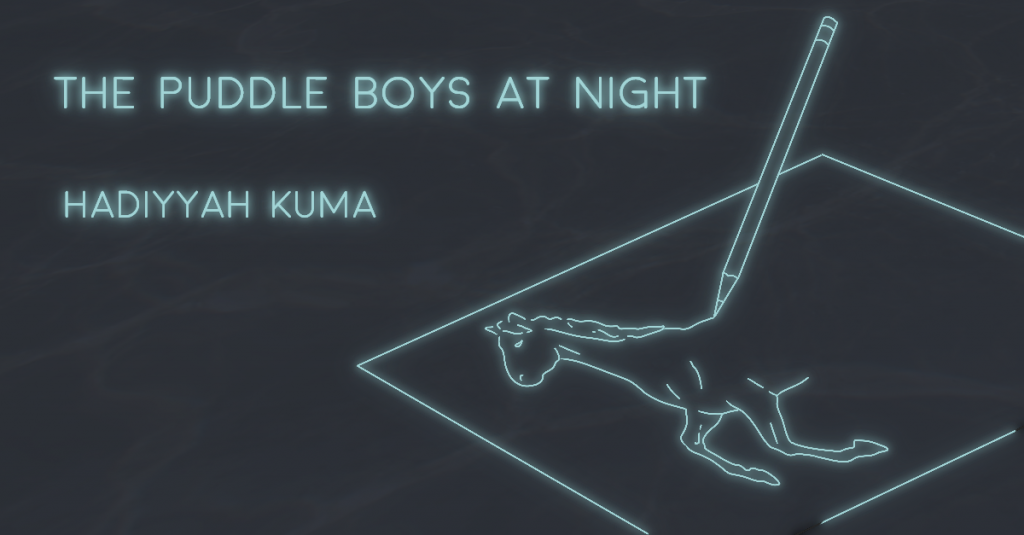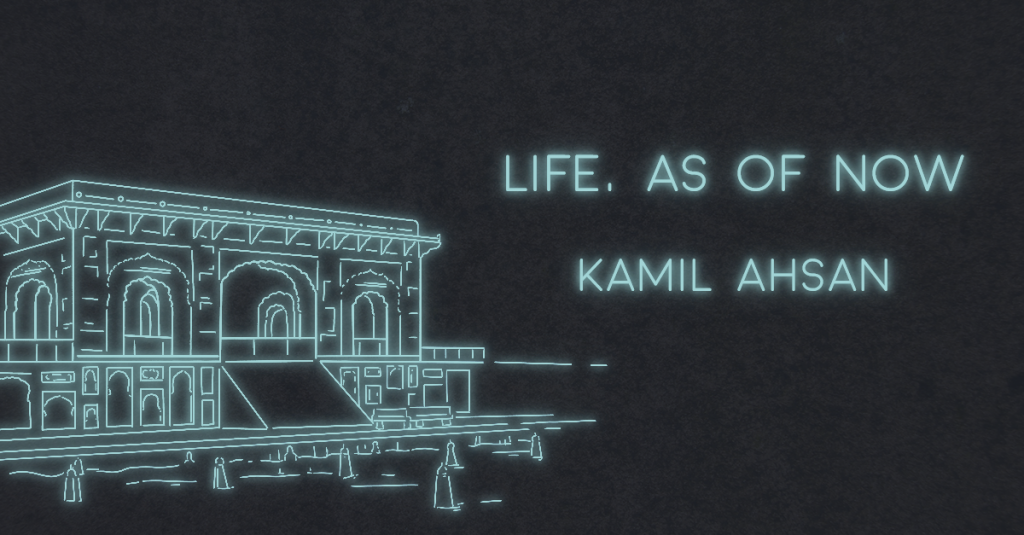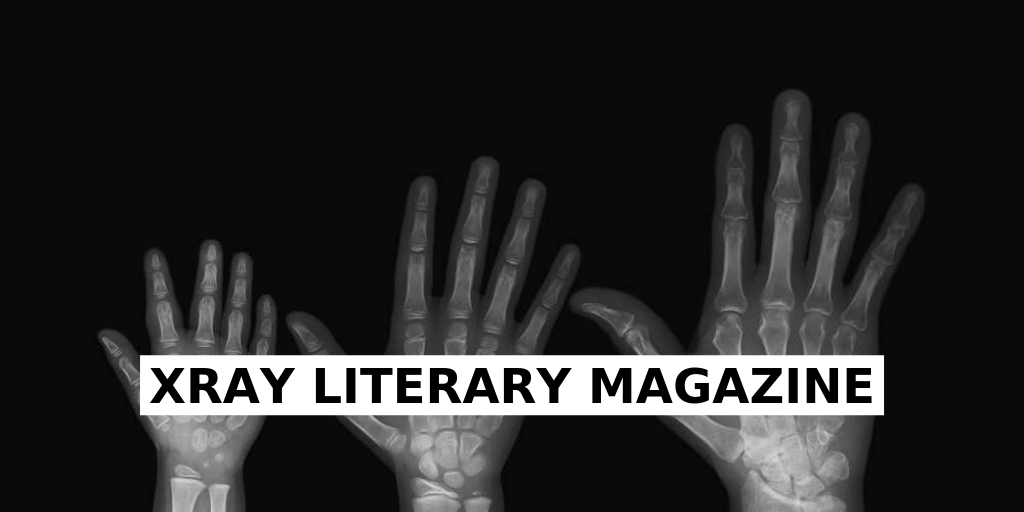
WOODED LOTS by Amanda Baldeneaux
Bess’s grandmother leans a sharp elbow into the worn armrest of her recliner, her chin pointed away from the kitchen chair where Bess sits, signing the contract for Ray, the homecare aid. Her grandmother has lived in the cottage at the nursing home for five years. The cottage lets retirees live independently but connected to the lodge and the cafeteria and the dorms where the older, less-resourceful people live. She doesn’t want to go there. Outside the cottage, a small slab of patio is littered with sunflower seed shells. Petals of white azalea blossoms, knocked free by the recent rains,…

